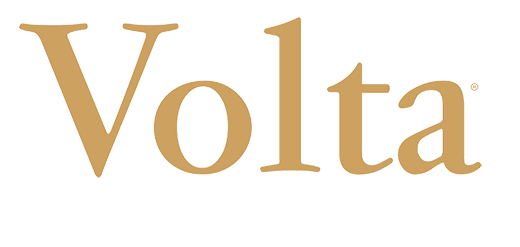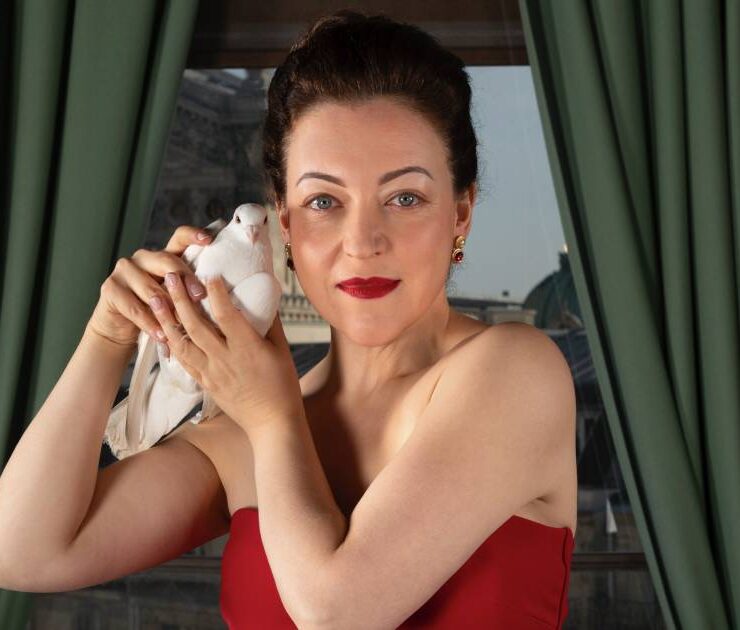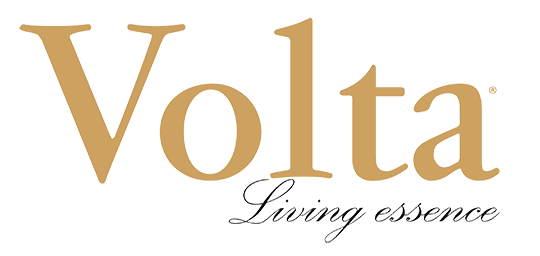Sexual harassment in the workplace

Gina Thanopoulou, Ed. M., & M.A., Harvard University
Counselling Support Psychologist for Children, Adolescents, Parents and Couples
Counterproductive, unethical, unwanted incidents and perhaps even illegal behaviors are common to occur in the workplace, which have unpleasant consequences on the organizations.
Sexual Harassment, whether it is straightforward or implicit, is what we call “immoral behaviors”. We don’t know how bad this can affect an employee, and we will be seeking answers from the Psychologist Gina Thanopoulou, Ed. M., & M.A Harvard University.
“Sexual harassment is not an innocent compliment or a demonstration of interest towards the other gender”, it can be a form of offense towards one’s sexual dignity. Harassment happens when a person uses their power over someone else, in this case another employee, expressing a pushy behavior towards which affects his or her status and dignity, and eventually causing distress.
Sexual harassment at work is primarily seen as gender discrimination. At European Union level, the process of defining and fighting that problem started in 1984, with the European Council’s Recommendation to promote positive actions towards women.
Would the prevention or the suppression of the phenomenon prevent it from happening? How does it affect the formation of the employee’s moral conscience? How does it influence the employee’s psychology? Perhaps for some, it is becoming a method of a career evolution?
Do teenagers need education on similar issues and ways of handling them?
- Defamatory remarks aimed at intimidating and accusing an employee’s productivity, inappropriate remarks on one’s sexual life, trafficking one’s strictly personal erotic photos, sexual advances seeking sexual intercourse through inappropriate touching or kissing from a co-worker… How can that affect a young woman who starts her professional career?
A young woman or man who just finished her/his studies and starts her/his professional career, hasn’t fully developed the essential rule of the 4S’s : Self-knowledge, Self-respect, Self-care and Self-confidence. Therefore, she/he doesn’t have a complete knowledge of what she/he wants nor of her/his limits and is very likely to become a victim of degrading sexual and disrespectful comments and won’t be able to deal with them maturely. As a result, the young adult is prone to be taken advantage of through inappropriate and indiscreet erotic comments and behaviours, and to passively accept them believing she/he “deserved it” and must suffer as a victim.
The ways these behaviours can impact a young person’s psyche are:
- Self-cancellation
- Feelings of Sadness, Fear, Anger go hand in hand. They can be expressed through potential aggressivity, nervous breakdown, depression, insecurities, uncertainty, eating disorders, self-harm, obsessions, addictive behaviors, etc.
In this case, it is essential to acknowledge what is happening or has happened exactly, share the “secret” abusive behaviour with a trustworthy person, especially a Mental Health Counselor, a Psychologist or a Spiritual Counselor. Also it is necessary to accept the trauma, support, guide, help to get to empathy, understand, empower to heal and face the shock, and lastly recovery with mental health.
- Is there some kind of “corporate culture” which encourages bullying?
Of course some workplaces do have a “culture” which favours harassment, like in some multinational companies, where top management is held by men and women have to deal with sexistic comments and inappropriate behaviors. Theater and film industry, especially the arts and sport areas, spur these kinds of actions as young people have to go through this “corporate culture” in order to be given an opportunity to evolve and succeed.
Fortunately, there are also businesses which fight these “corporate cultures” prohibiting personal relationships between company executives, as well as any improper behaviours, and instead promote respectful behaviours and meritocracy.
- Can such incidents happen in places and professions where women are fewer, and they are considered to be in “male” occupations?
There are companies which “corporate culture” promotes men to positions of power and authority perceived as “male” professions, where they usually don’t give promotions to women. Therefore, a lot of times in order for women to achieve their goals, they have to submit to harassing behaviors, sacrificing themselves to get to higher positions.
- According to new research data, more than half of women (52%) and almost 2/3 (63%) of women aged between 18-24 years old, said they suffered from sexual harassment in their workplace.
These percentages would be confirmed if there were even more research, and they might even increase. Especially, me, as a Counseling Psychologist, can confirm from my clinical experience many cases of harassment in the workplace.
- In Greece, sexual harassment at work is considered to be normal and the women who react, are labeling as problematic. Can the “me too” movement change mentalities allowing women to speak freely?
Ι completely agree. The truth is that sexual harassment is indeed higher on the Greek workplaces. Let’s hope that the “me too” movement will change mentalities, and will free the speech between women so they can share with each other the inappropriate behaviours they have suffered, so that social norms and mentalities change accordingly.
- What psychological problems can develop a young person who believes his/her talent or degree is enough to get a position in a company, or to keep it and evolve professionally?
A young person who has a talent in a certain area, whether artistic, business or sport, and who wants to be promoted and establish him or herself in a specific professional field, can be affected by this unfair, sexist and indecent behaviour. The following is likely to lead to losing self-confidence and faith in themselves and in life, lowering her/his expectations and goals, developing depressive and obsessive behaviours, eventually abandoning goals and dreams.
- Is there an “ethic” to success as society implies it?
Happiness and ascension in the hierarchy must be based on ethical values. Happiness must have moral values, and shouldn’t accept sexual harassment. Everything should NOT be allowed to get to success.
- How does something so “evil” be disguised as “innocent” to cover up sexual harassment and make it seem like a simple “tease”?
In a business environment, the “innocent” and friendly teasing behaviour, is actually a form of sexual harassment, which stigmatizes the professional relationship and puts the young person in victim position of an indirect blackmail: “Be good with me, otherwise …” .
We also see this behaviour from women towards men, but the majority of the cases are the other way around.
This mentality creates a decadent morale distant from ethical values, which we must not accept as it shapes young people with low morale, disillusioned and without faith in life and in moral values nor in meritocracy.
As a Counseling Psychologist, I emphasize that young people who face these kinds of behaviours should support one another, set boundaries, always respect their own selves and shouldn’t cultivate the acceptance of sexual and harassing behaviours.
Thank you very much !










